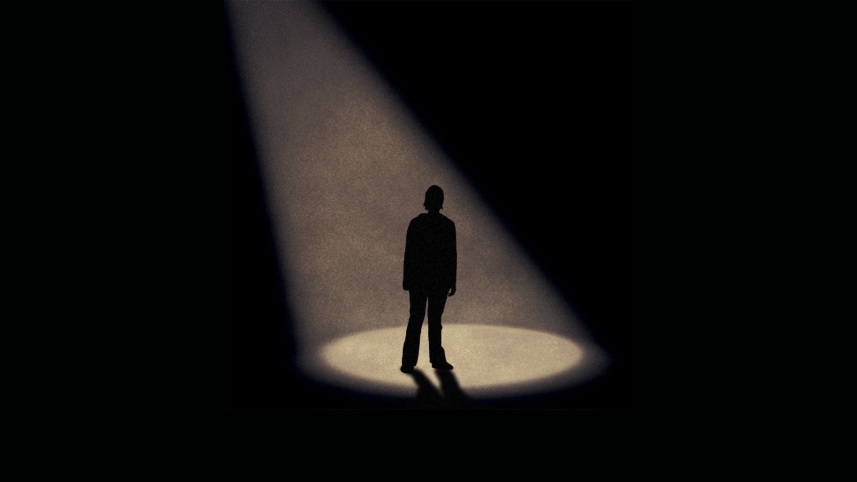How Does Social Media Affect Your Spotlight Effect?

Anxiety that comes with expressing unpopular opinions, being hyperconscious of one micro stain on an otherwise pristine outfit, reliving the most embarrassing moments at 3 AM and shuddering at the thought of other people still remembering them, feeling the weight of people's judgement after one minor dip in one's grades — all of these felt normal to me until I came across the term "spotlight effect".
The spotlight effect is a term coined by social psychologists used to describe the tendency to think there is a metaphorical spotlight on us and everyone cares about, judges or remembers everything we do. A symptom of social anxiety, it causes people to overestimate the impact they have on the people around them.
It originates from one's egocentrism, which makes them believe that the world revolves around them. Spoiler alert, it does not. But it is difficult to realise that when one has social anxiety, especially in a time when social media is so prevalent. In a world where most people long for hyper-reality and try to satiate that need with validation from likes, comments, or even number of followers, it is easy to fall into the trap of the spotlight effect.
Amidst the rampant narcissists who post multiple selfies and random life updates a day with a sprinkle of mediocre memes thrown in for good measure, the social critic who gives verdict via Facebook status on the ongoing sensitive issue and the shameless misogynists littering the comment section under every post about women's rights, it is easy to believe that everyone feels comfortable expressing their lives and opinions on social media. On the other side of the spectrum, are these very people suffering from social anxiety in a real-life situation.
For a social media user suffering from the spotlight effect, the result of these two phenomena can be conflicting.
On one hand, the validation and sometimes criticism of the hyperreality we have created on social media, serve as an affirmation of our misguided belief that everyone is hyper-focused on each of our actions. Social media conflicts, numerical presentation of how many of which reactions we got, cancel culture, being memefied for one bad moment — all of these things reaffirm this notion and generate a constant state of fear and anxiety.
On the other hand, it can help someone realise that the mob-like behaviour of people mindlessly scrolling through their posts probably does not care about their activities as much as they tend to think. If the meme about people staring at their own Zoom profile pictures rather than looking at the speaker was not proof enough, sh*tposting regularly will eventually help you realise that no one cares about that one grammatical error on your caption that took you six readings to figure out.
Like most other forms of anxiety, social anxiety in the form of the spotlight effect can be severe to the point it hampers a person's everyday life. In that case, it is important to take it seriously and seek help. However, for someone who wants to gain a bit more confidence, feel less fear in social settings and be more expressive in general, using social media can be a step towards making their experience of the spotlight effect more bearable.
References
1. Very Well Mind (April 17, 2020). The Spotlight Effect and Social Anxiety
2. Psychology Today (November 23, 2011). The Spotlight Effect.
3. Journal of Personality and Social Psychology (2000). The Spotlight Effect in Social Judgment: An Egocentric Bias in Estimates of the Salience of One's Own Actions and Appearance.
Tazreen is trying to prove her mom wrong by reviving her dead houseplant. Depending on your mood, send tips or tell her to give up at tazreenzahan@gmail.com
 For all latest news, follow The Daily Star's Google News channel.
For all latest news, follow The Daily Star's Google News channel.
Comments